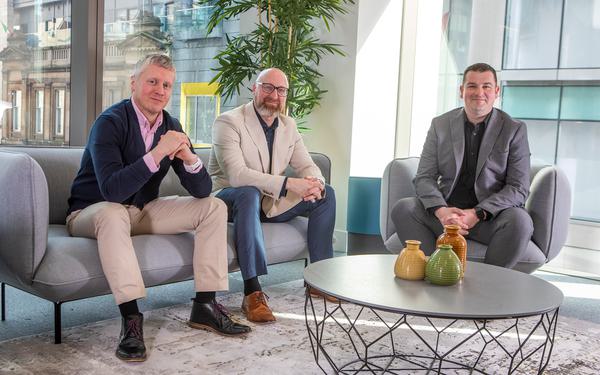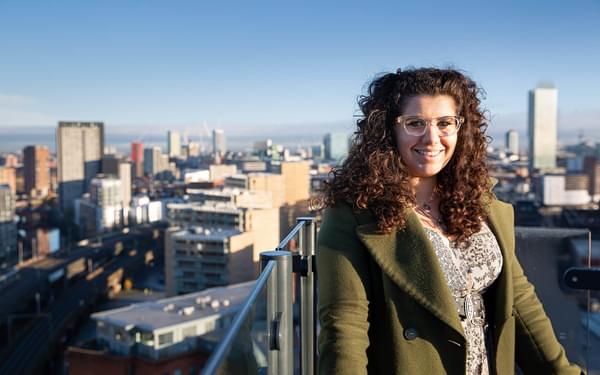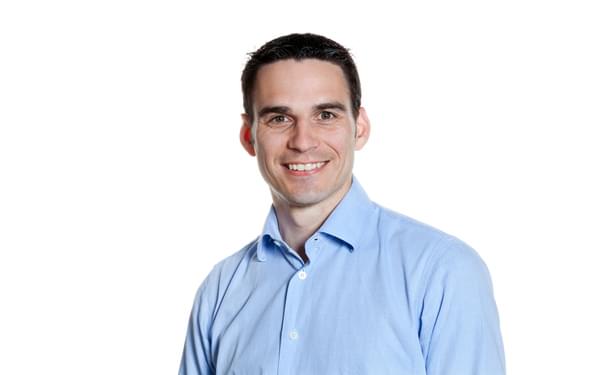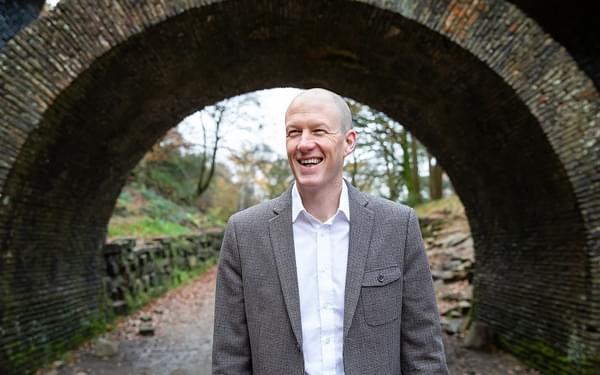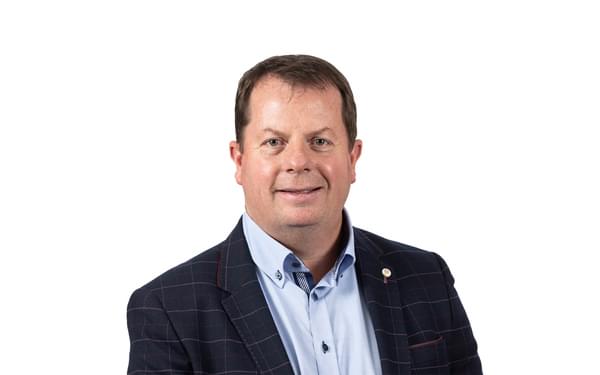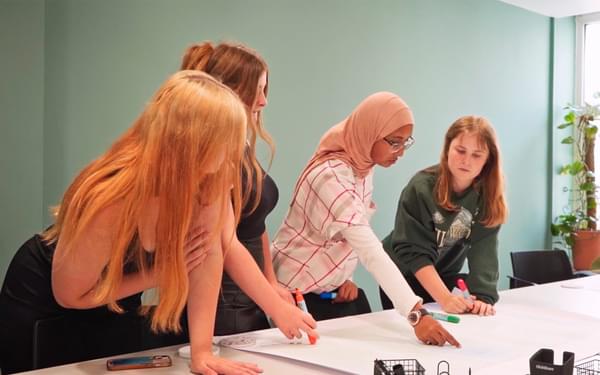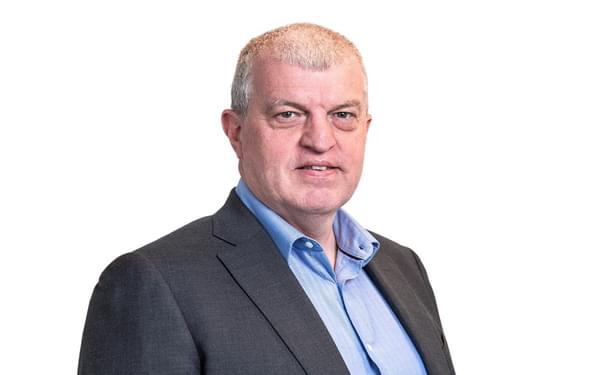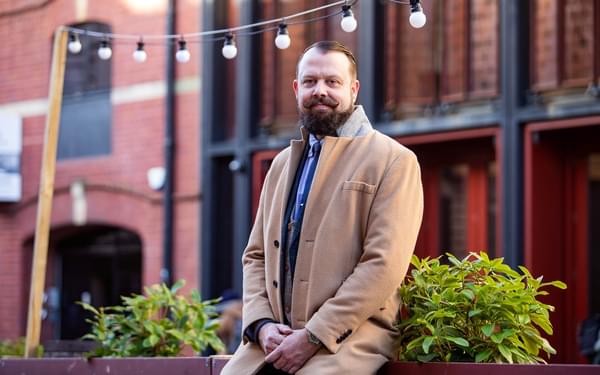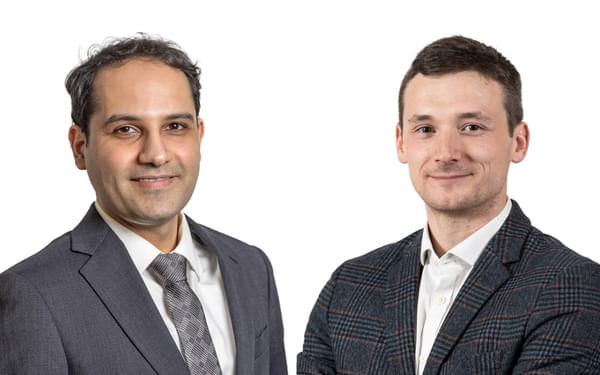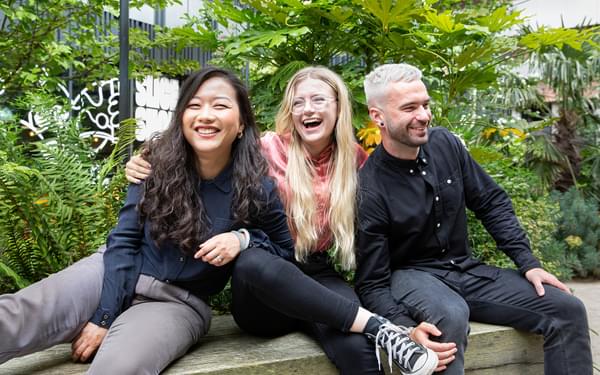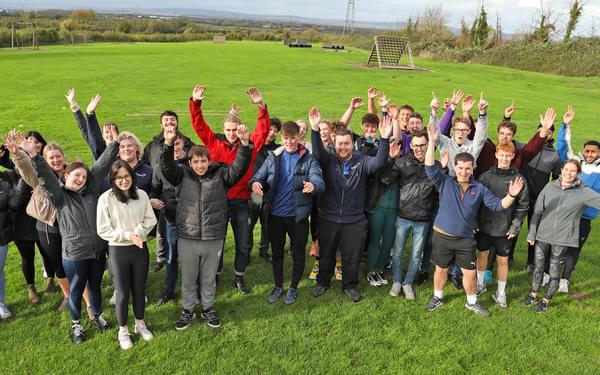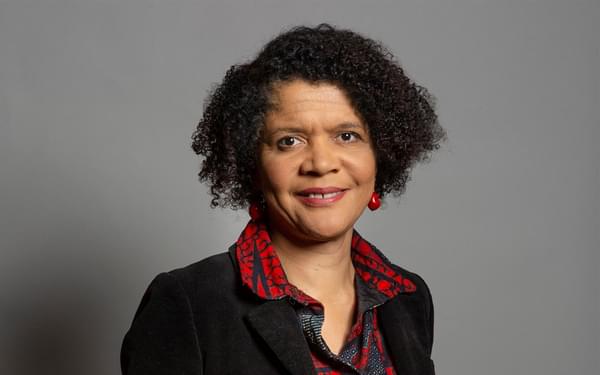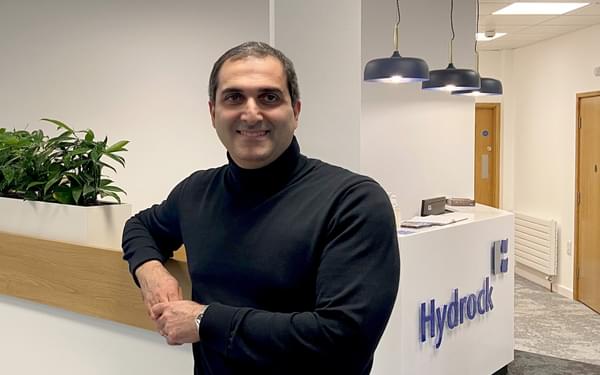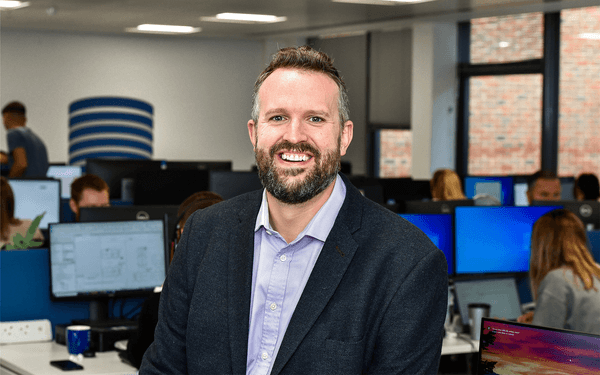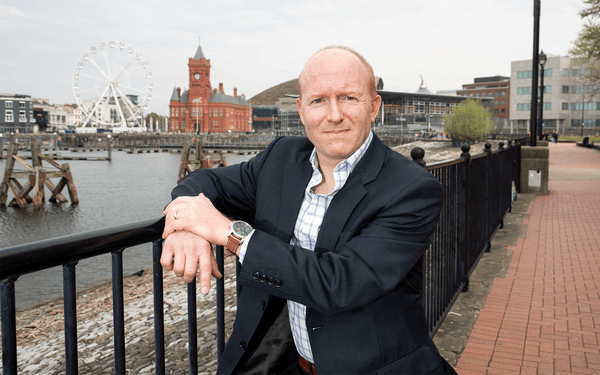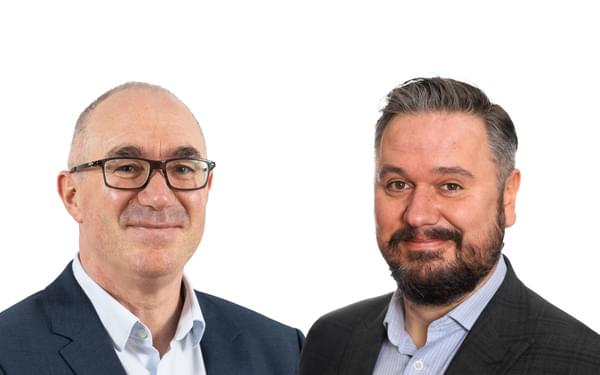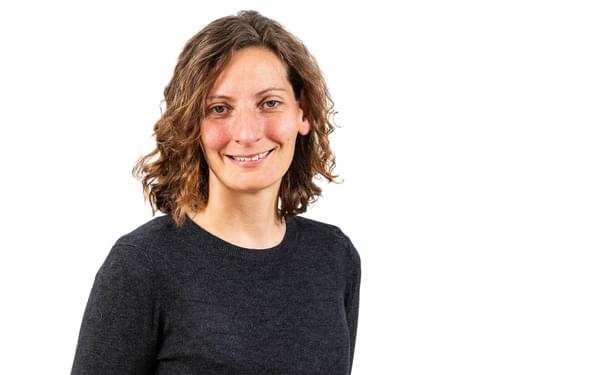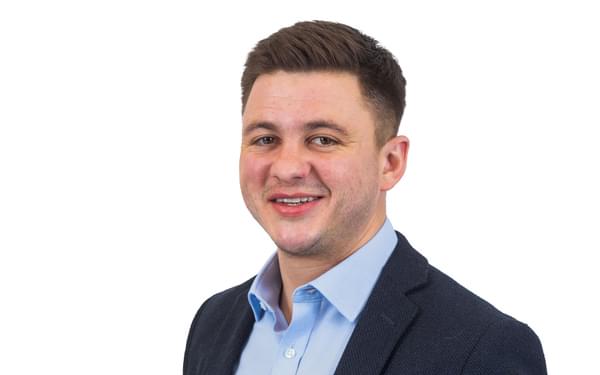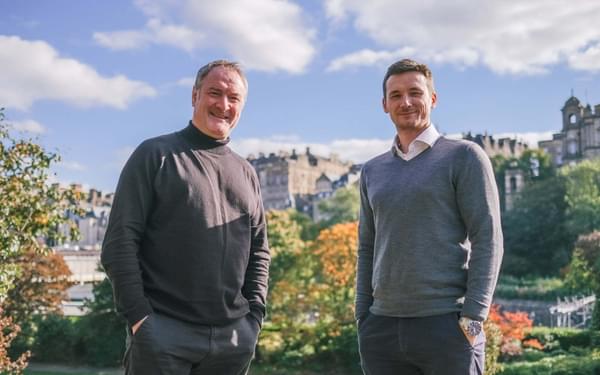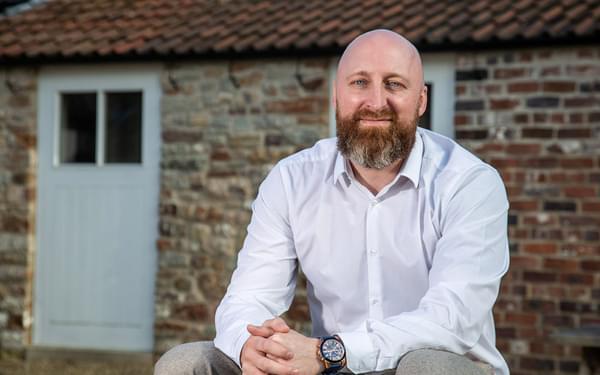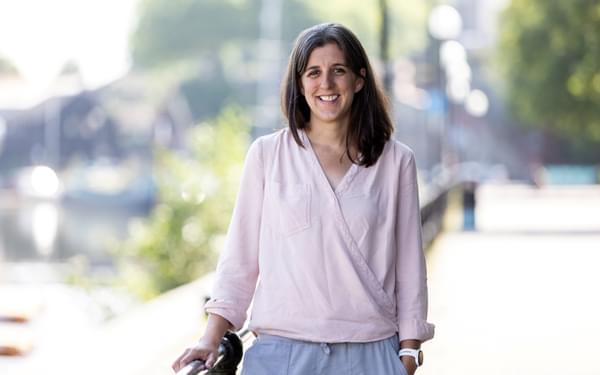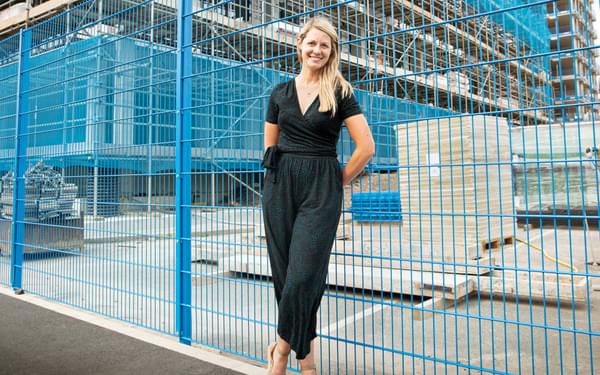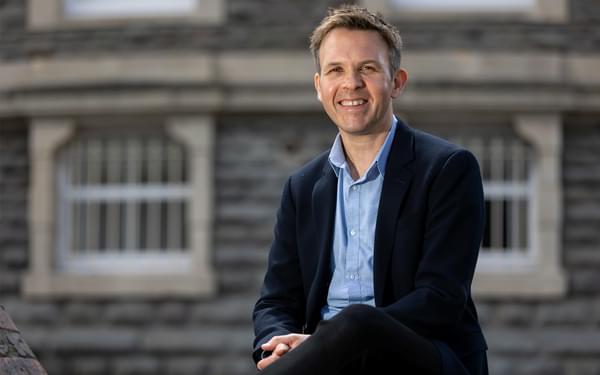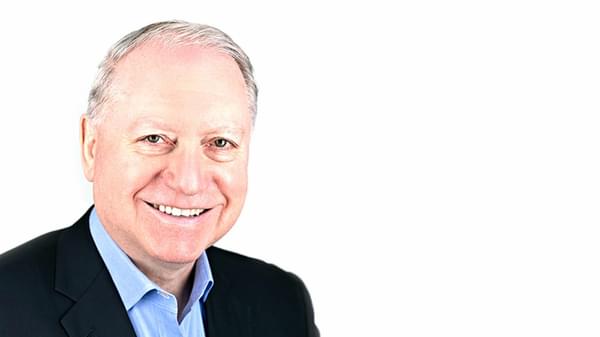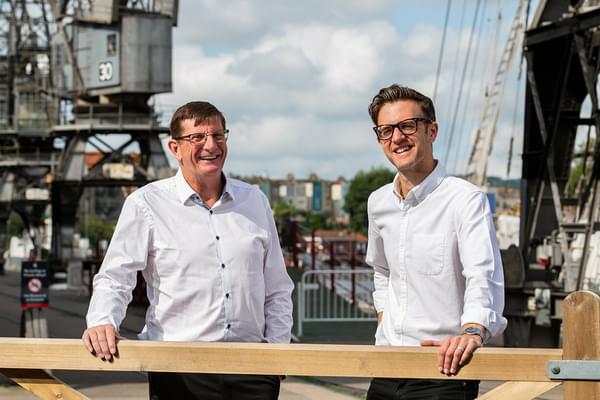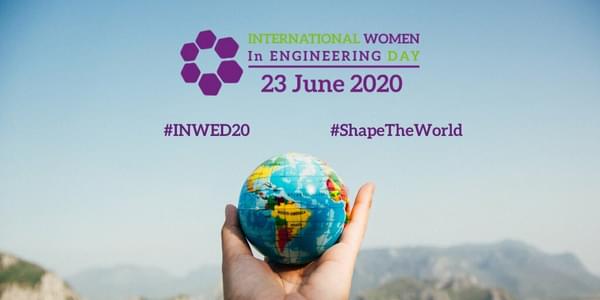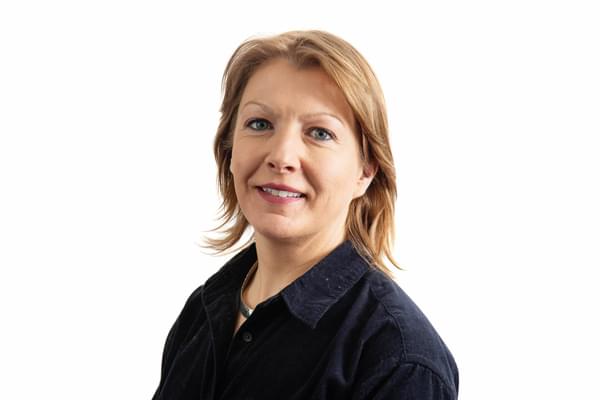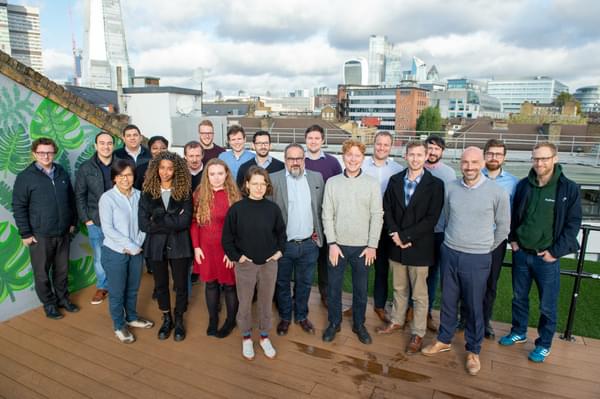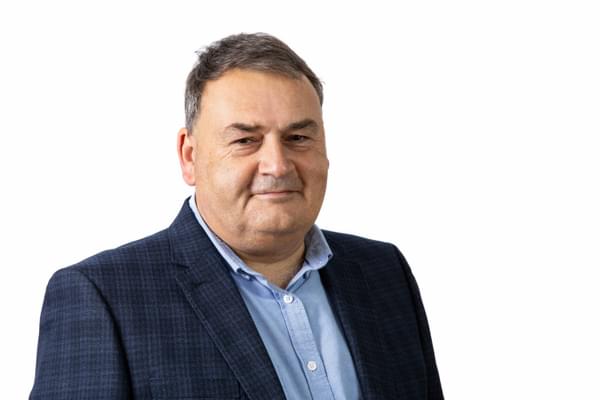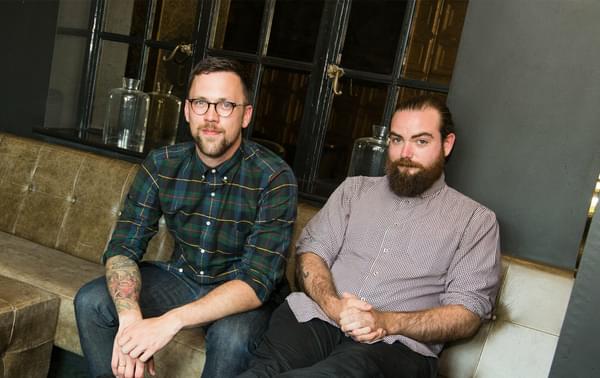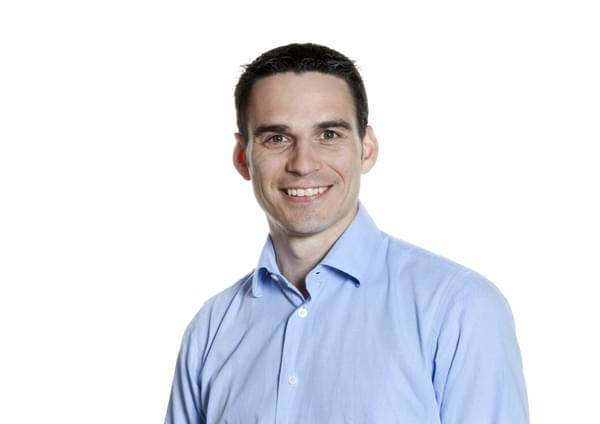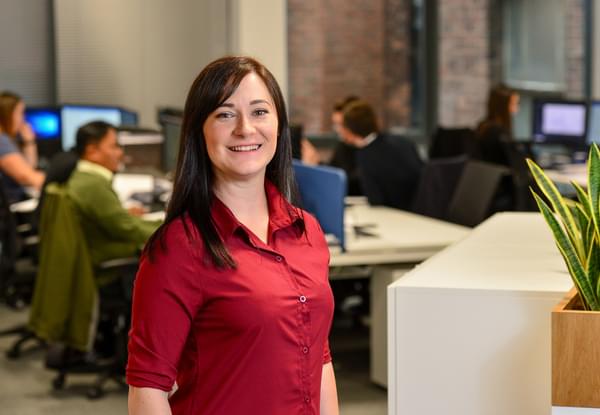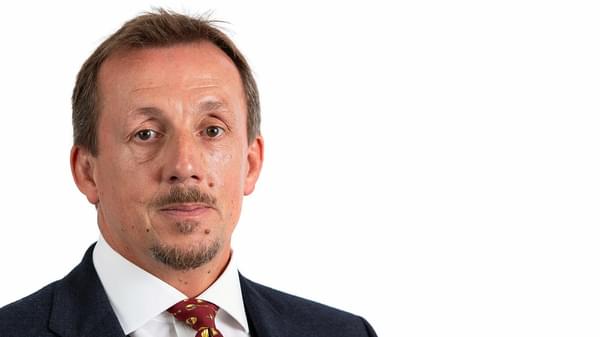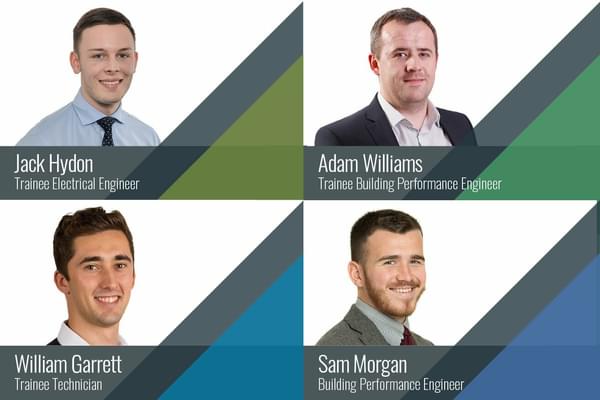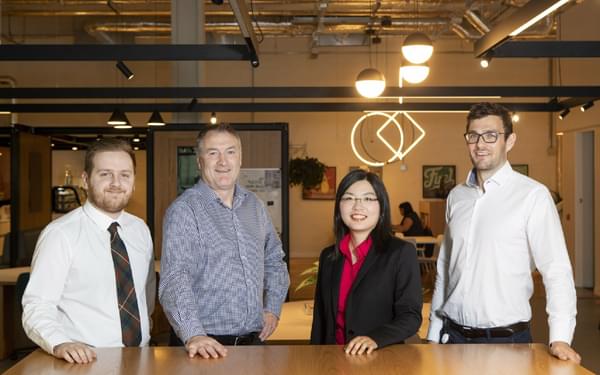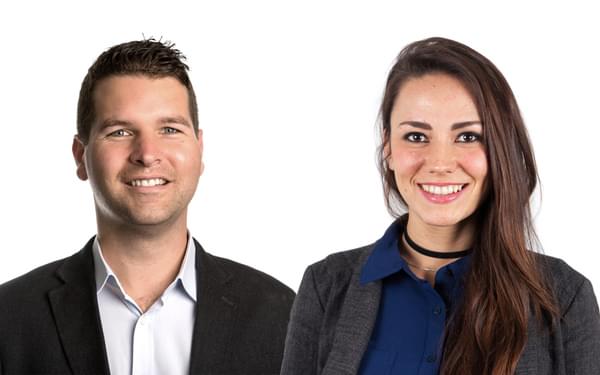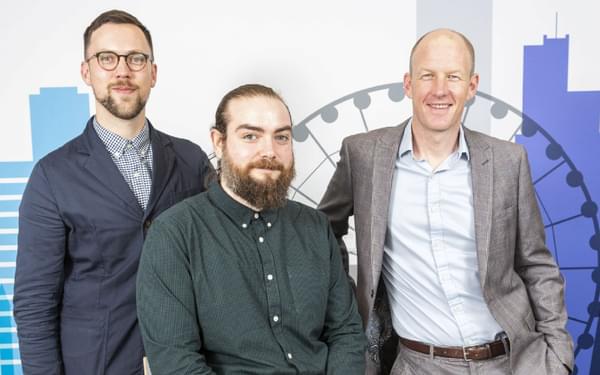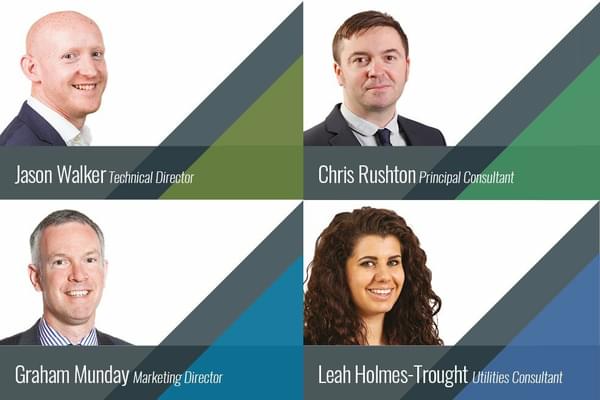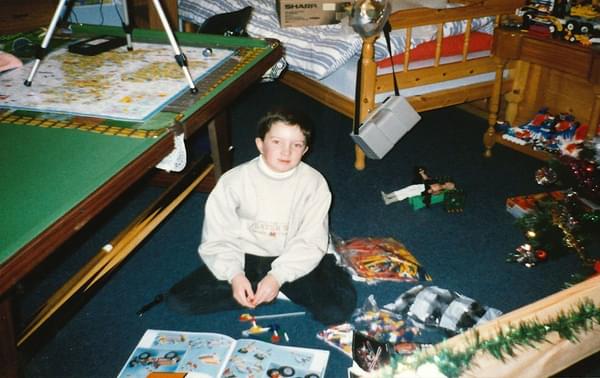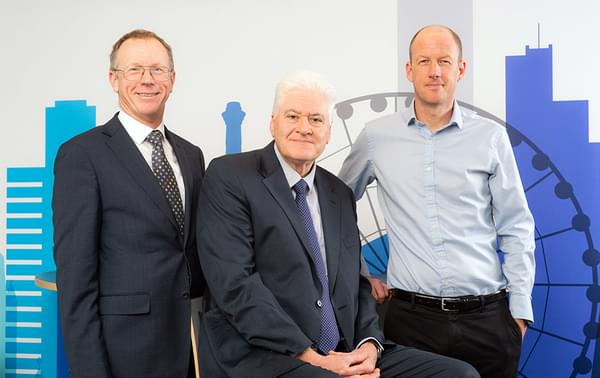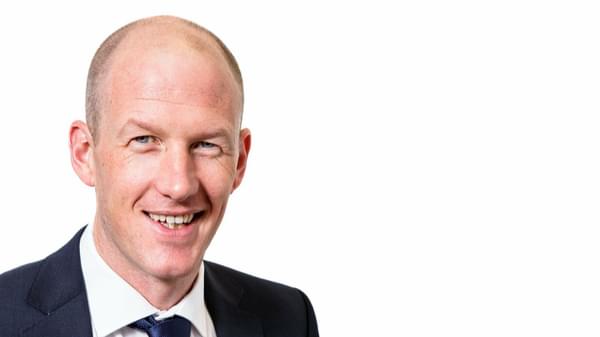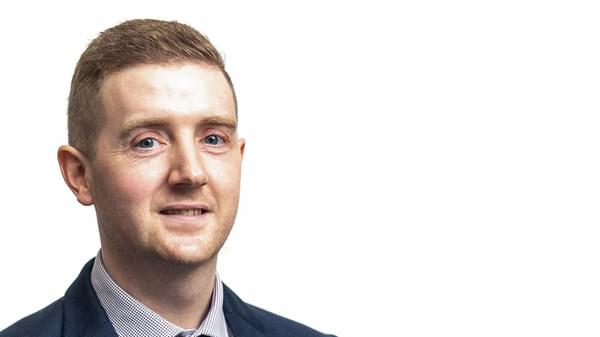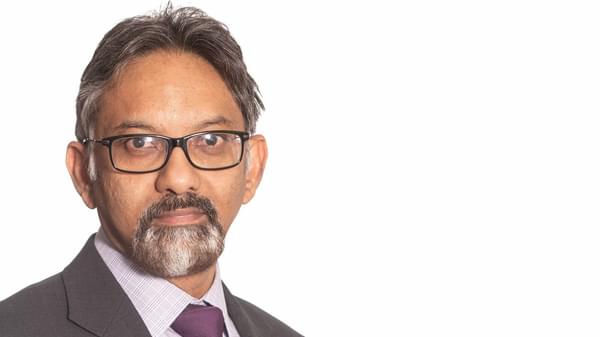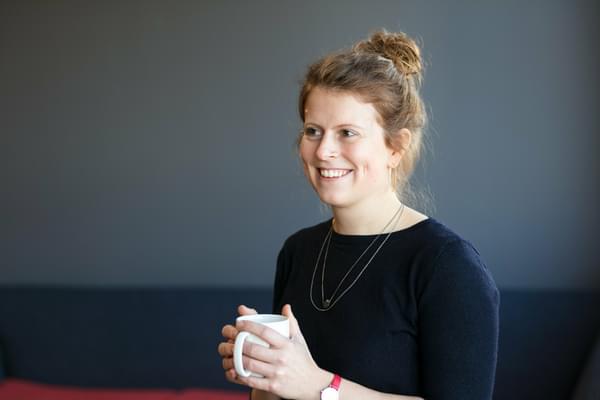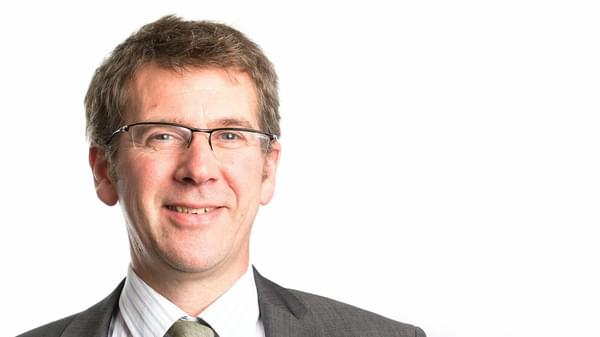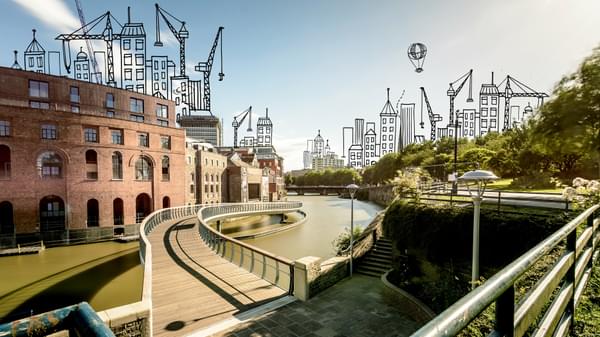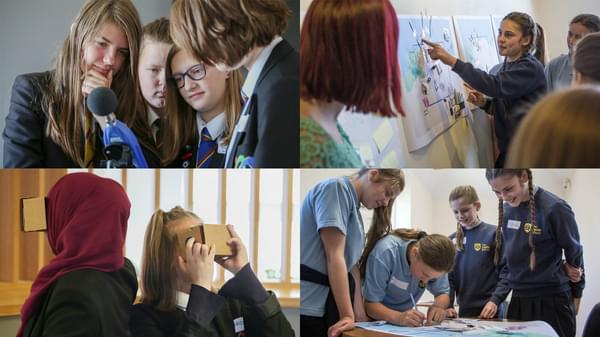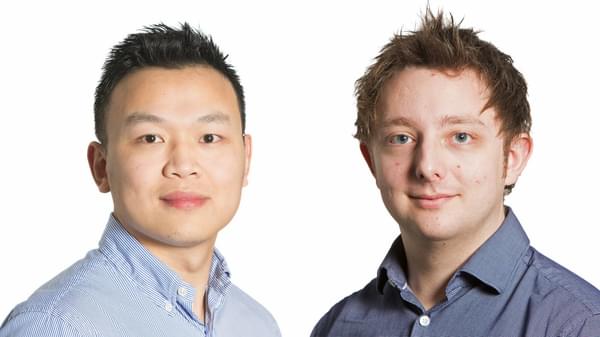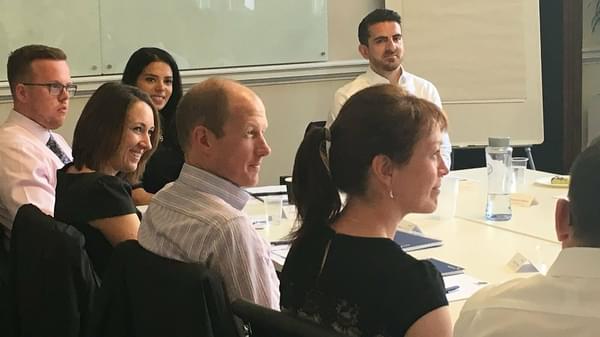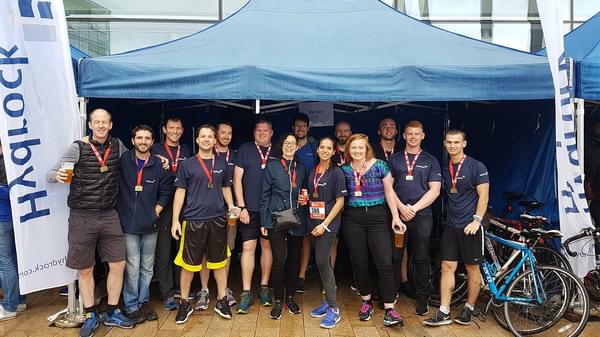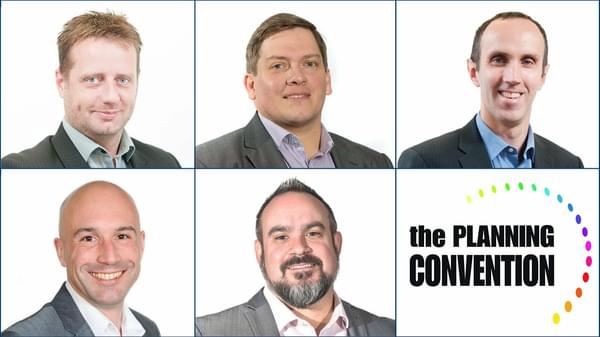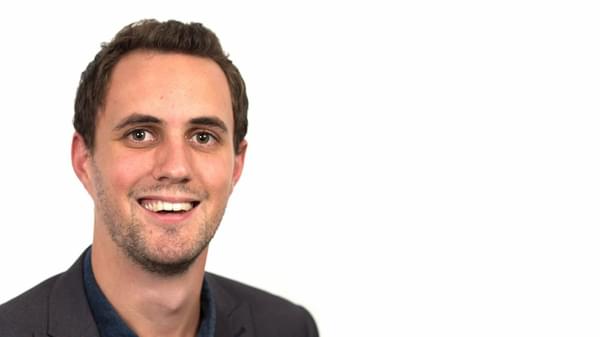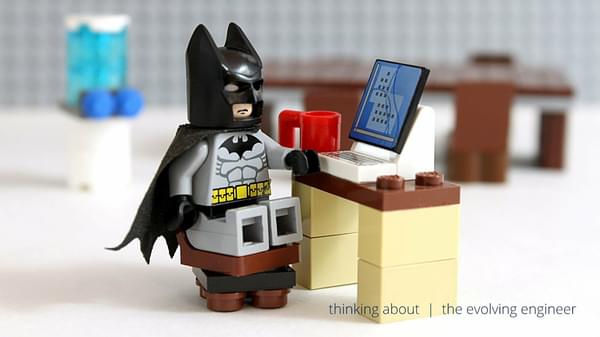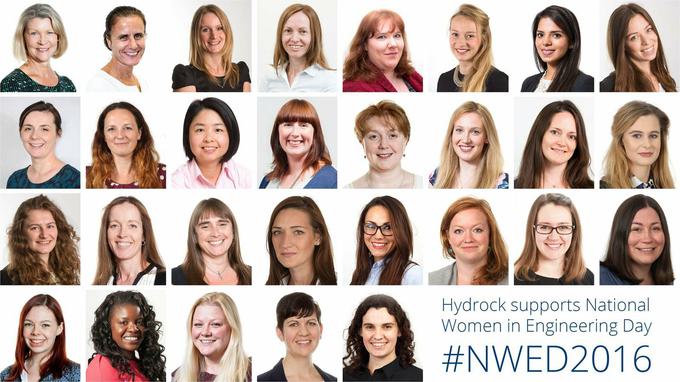
In celebration of National Women in Engineering Day, we asked a number of our female engineers, at different stages of their careers, to describe what’s influenced and inspired them and what advice they have for future generations studying to enter the profession.
Being inspired
“You get a great sense of pride to be able to point at a building and say 'that is one of mine'”, says Helen James, Principal Engineer, in our structural engineering business. Helen was inspired to become a structural engineer, first by her aunt who is a professor in engineering at a university in America, and then during a WISE (Women in Science and Engineering) event at Salford University that she attended whilst studying for her A-levels. Helen says: “At the time I was really passionate about chemistry and I thought chemical engineering was going to be the path for me. However, I was really inspired by the students presenting their structural engineering projects. They got to design, build, test, and even take their bridge home. They were really enthused by what they had learnt and what they had to show for it. That was the lightbulb moment for me!”
For Jemma Reinsch, Senior Project Manager in Hydrock’s remediation contracting business, the attraction and appeal of her chosen industry was the chance to work outdoors and the challenges involved. Jemma says: “It was important to me that I was part of an industry that was addressing pollution and was bringing sites and land back into use.”
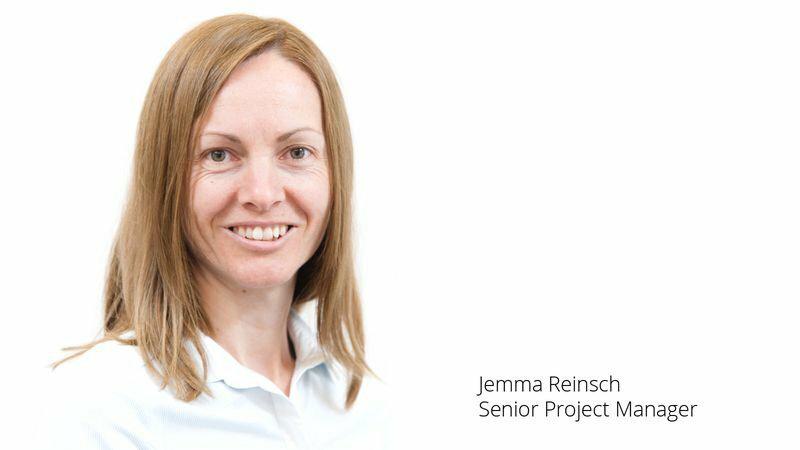
Career influencing advice
Having confidence in your own ability is the key piece of advice that has influenced two of Hydrock’s senior female directors.
Jennifer Richards, Managing Director of Hydrock NMCL says: “In my early career as a health physicist on a nuclear site, in a male dominated organisation, I took the advice of my boss to have confidence in my judgement and not to ‘hide my light’. I have looked back on that advice many times in my career and it has stood me in good stead – most of the time!”
Similarly, Sarah Burrows, Infrastructure Director, says that the best advice she was ever given was to always make a contribution to a meeting: “I have found myself in many meetings, some in quite intimidating environments, where I have recalled this advice and forced myself to make a contribution. This has really helped me become involved and to establish myself as an integral member of any team.”
Advice for the next generation
At Hydrock, we place a strong emphasis on the rapid development of our early-career professionals. We asked a number of our female engineers what piece of advice they would give to students aspiring to join the profession.
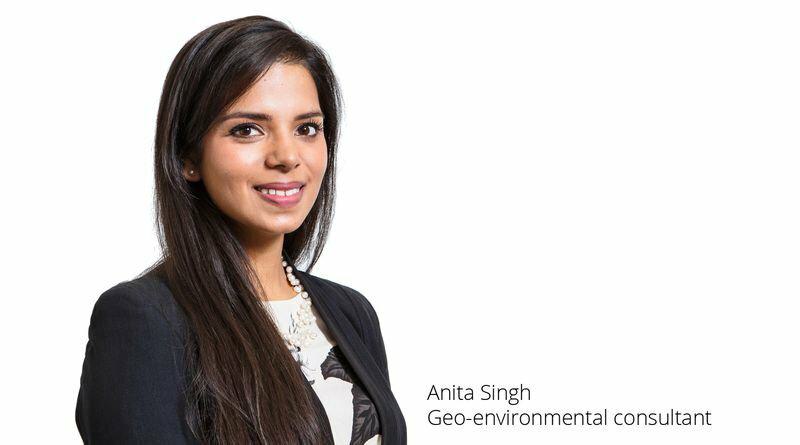
Be proactive is the best piece of advice Anita Singh, Geo-environmental consultant, would give to aspiring engineers: “Get some experience both relevant and even slightly obscure. It’s not just about the science, it’s also about the way you approach a problem and manage people – it’s about being resourceful, resilient, innovative and thinking ahead so that you know how to respond to a situation when the unexpected happens.”
Daisy Atkin, Consultant in our transportation business regularly talks to students and emphasises how diverse the work can be.
“My work is incredibly broad, but also very specialised. Every day is different and every project is unique – you have to be flexible and able to adapt to changing situations”, says Daisy.
Embracing your passion and enthusiasm is important says Ruby Lowe, Graduate Consultant, in our specialist nuclear consultancy business, Hydrock NMCL. “The nuclear sector is extremely receptive to those that show a real willingness to get involved with multi-disciplinary and innovative projects, and a questioning attitude is a real asset”, advises Ruby.
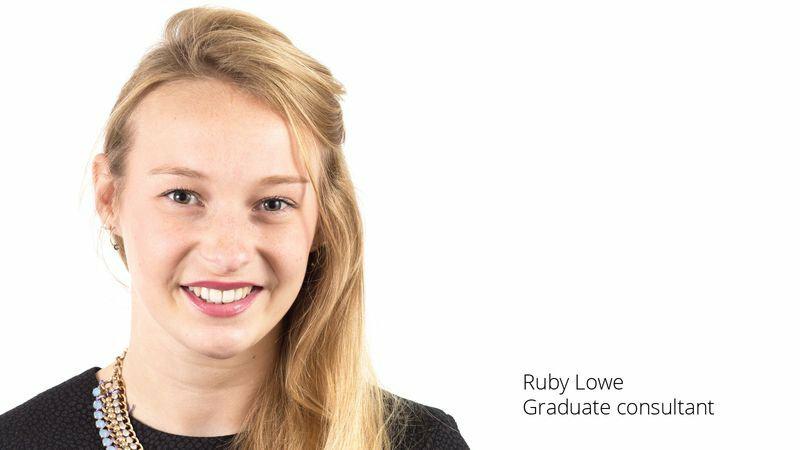
Katerina Vatti, Project Structural Engineer, says: “I’ve been in the industry for almost 5 years now and I really enjoy it!” She describes structural engineering as a rewarding profession: “You can always see the results of your work being used and admired by the public at all times”, reflects Katerina.
Her advice is to be confident, articulate, and organised about deliverables. “It’s a social profession with regular meetings and discussions with architects and clients” says Katerina “and it will suit people who are ambitious, passionate and ready for a challenge.”
Feeling fulfilled
Hydrock wants people to feel inspired and enthused by their work. So, what gives our female engineers the greatest satisfaction from their choice of career?
Many people ‘stumble’ into a career. What’s important is knowing when it’s the right career, and for Karen Dale, Geo-environmental Consultant, that was certainly the case. “Instead of being a stop gap it quickly became a career I was and still am passionate about. The work is hugely variable. No two projects are ever the same and many projects offer unique situations which can be challenging, but that is what makes my career so satisfying and enjoyable. Added to that is the mix of office and site based work and the fact that there are always new things to learn and new innovations. It’s why I first came to love my chosen career”, says Karen.
Karen Storey, Bid Manager in our remediation contracting business has developed her career from a geo-environmental consultancy background to leading and delivering major bids to win land quality and remediation contracts. It’s a change that gives Karen many positive new experiences: “I am always learning new things and new ways to apply my knowledge that ultimately help Hydrock in its work winning activities”, says Karen.
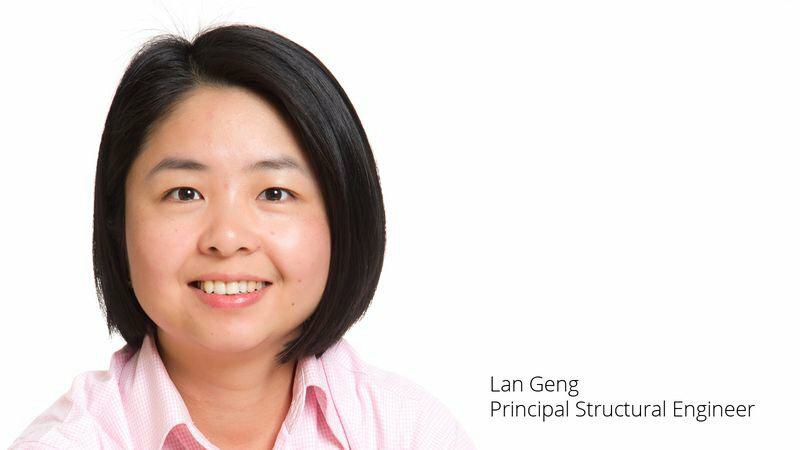
A sense of pride in making a positive contribution to our environment, communities and infrastructure is a common theme expressed by all our engineers, male and female. It’s summarised perfectly by Lan Geng, Principal Structural Engineer, who says: “As a structural engineer, the greatest satisfaction I get from my career is when I see my work being used by people every day and making a positive impact to the community. Whether it is a school, a house, an underground station or just a foot bridge, it has become part of everyday life and changed the environment for the better. I know I have made a great career choice because I feel that I am improving people’s lives through my skills.”


